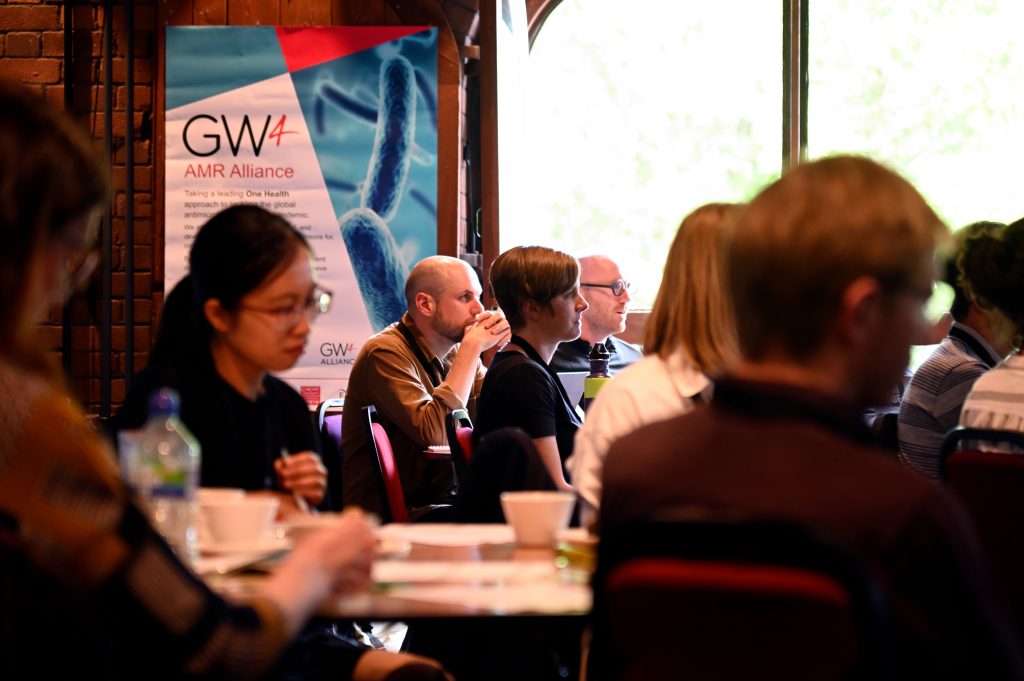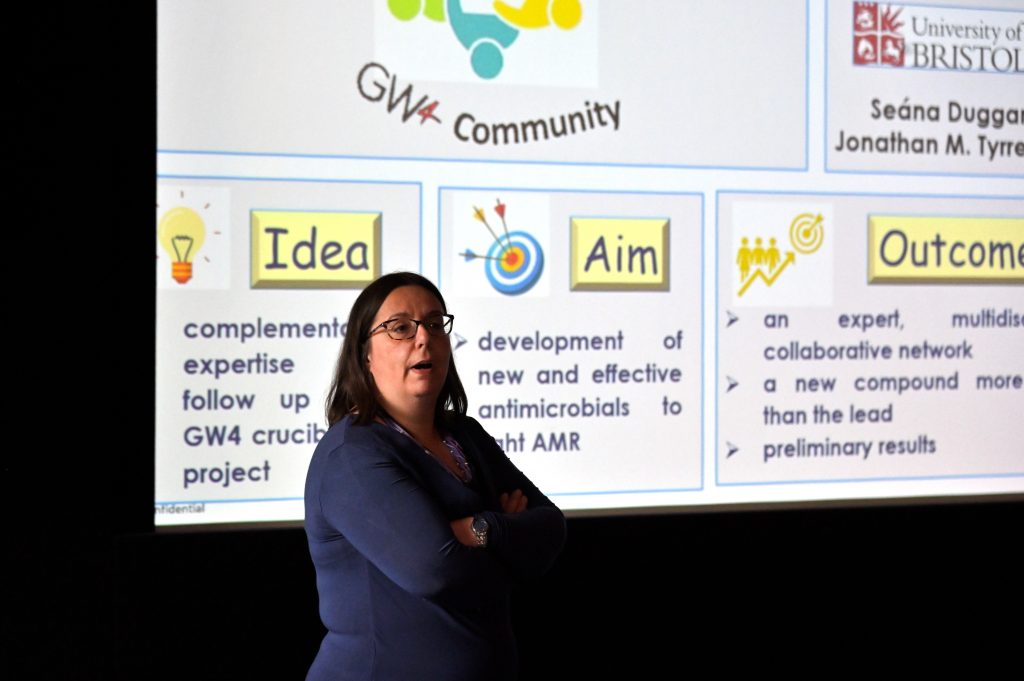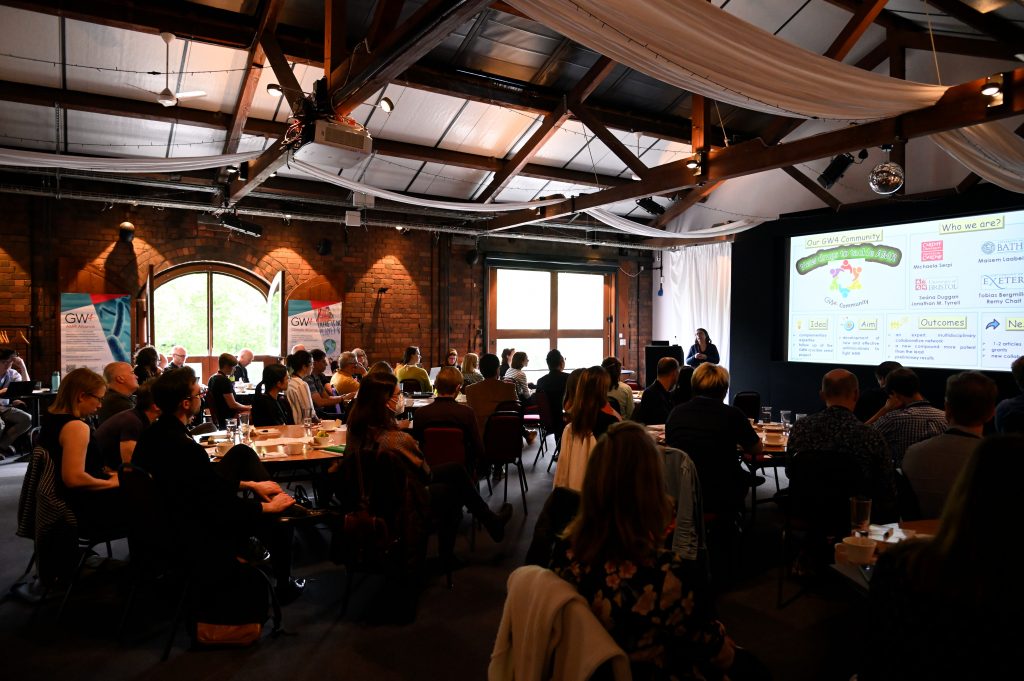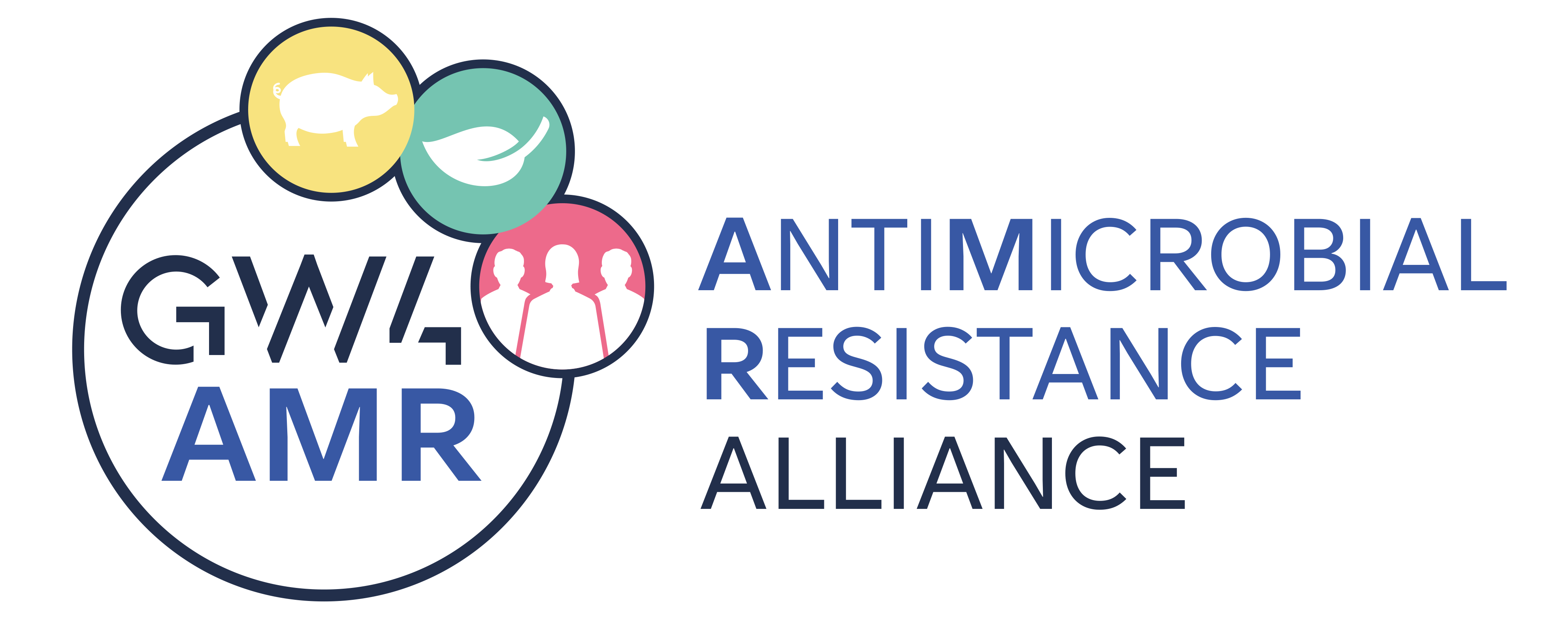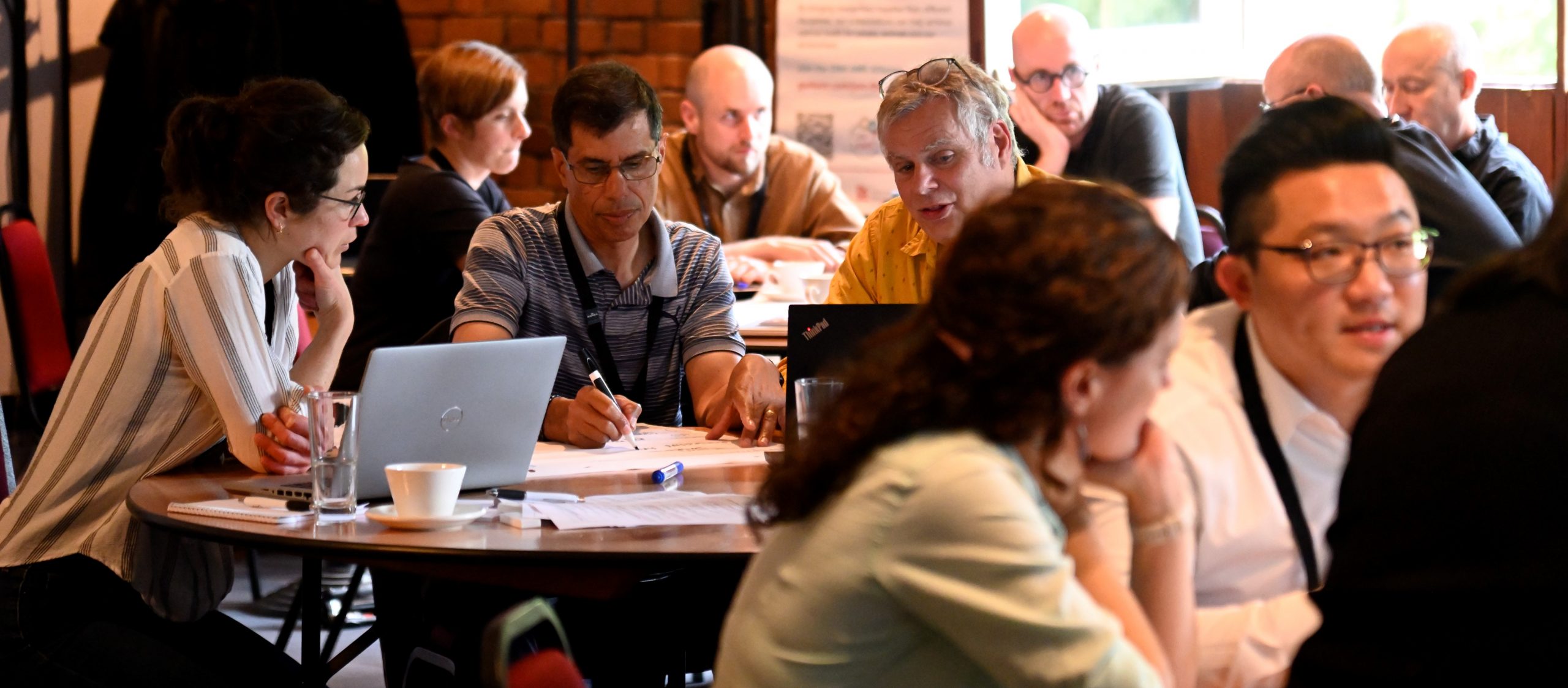
GW4 Funded AMR Research Communities
NEw amr RESEARCH communities
Since 2021, 3 new communities have been formed by the GW4 Alliance through its GW4 Building Communities Programme. This programme combines the world-class research at our institutions to unlock innovative communities and fund collaborative research. The platform that the GW4 Alliance has provided proves that we are stronger together, and allows researchers to contribute to their field on a scale that could not be reached by any institution alone. Within the GW4 AMR Alliance, the communities below have pioneered new techniques, strengthened by the community’s diverse backgrounds and emphasis on interdisciplinary collaboration. These communities represent opportunities to identify new avenues of research, generate research income, and achieve mutual objectives in combatting AMR globally.
GWAPES (GW4 AMR PLASMID EPIDEMIOLOGY AND SURVEILLANCE)
This community explores how the genes spread on plasmids between different bacterial strains, different ecological settings, and different geographical regions. Using recent advances in sequencing technology to understand the evolution and spread of plasmids, this work will help to focus efforts of AMR surveillance and intervention in different settings. The project aims to develop a synthesis of three strands:
- Bioinformatics and population genetics of natural plasmid populations
- Experimental work on model plasmids
- Statistical and Mathematical modelling approaches to provide new tools and an over-arching framework for plasmid transmission
Principal investigator, Professor Ed Feil (Bath), said “Generator funding for this project will enable us to explore a key challenge and opportunity in AMR research; how a multidisciplinary approach to the evolutionary and epidemiological dynamics of AMR plasmids can inform targeted surveillance and intervention measures.” The community has recently been awarded £50K by the global coordinator the Joint Programming Initiative on Antimicrobial Resistance (JPIAMR), creating the collaborative network “Tools for the Epidemiology of AMR Plasmids, One-Health Transmission and Surveillance” (TEAPOTS), which aims to establish generic standards and tools for AMR plasmid epidemiology and enhanced surveillance.
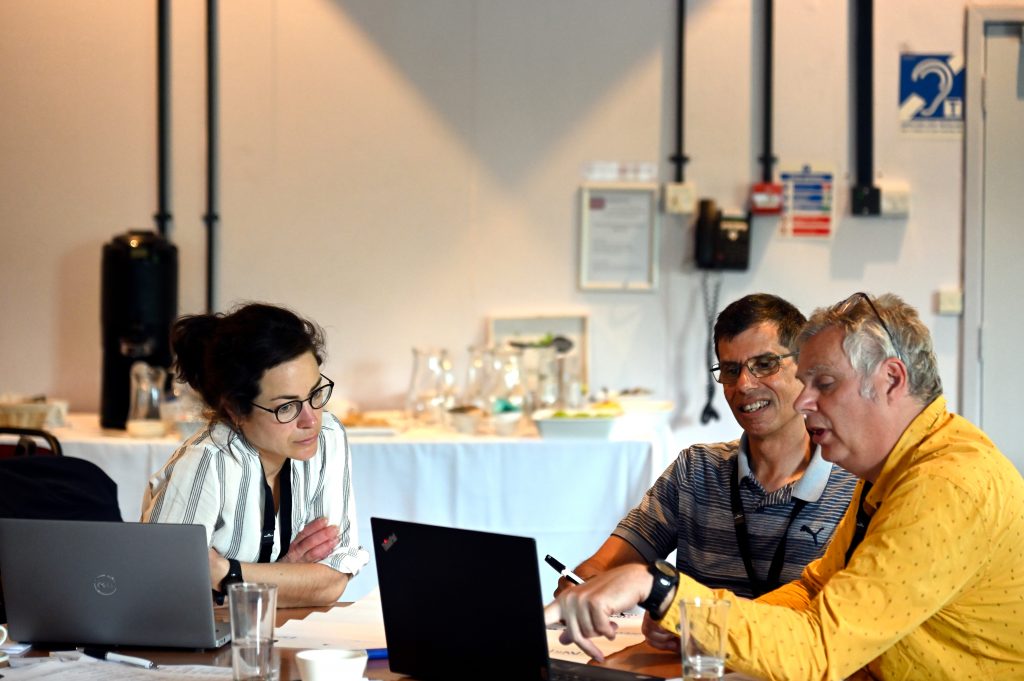
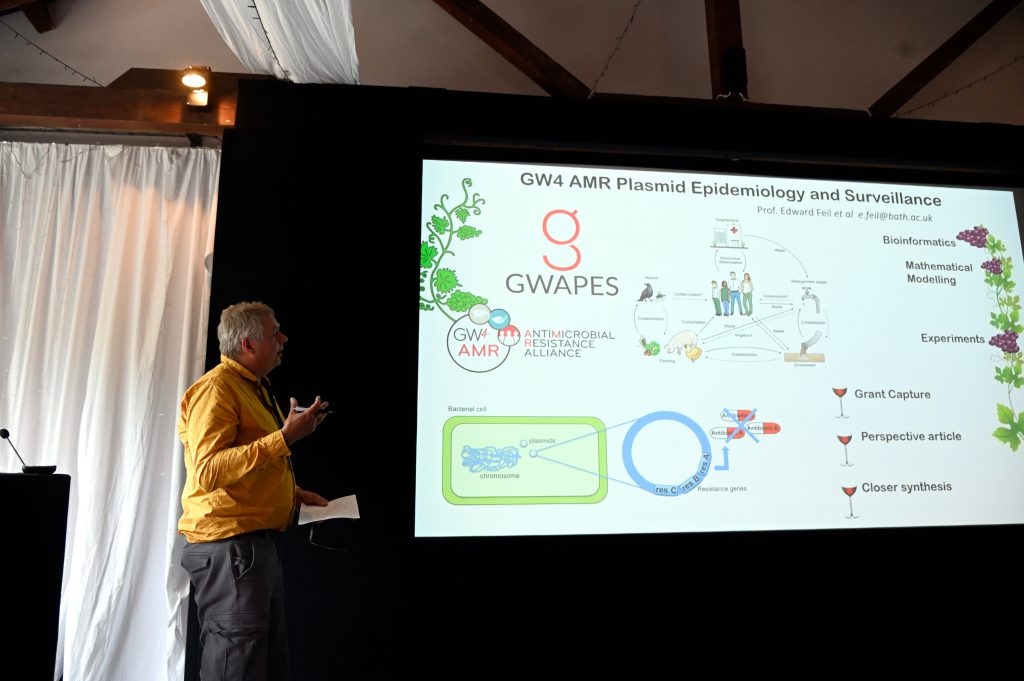
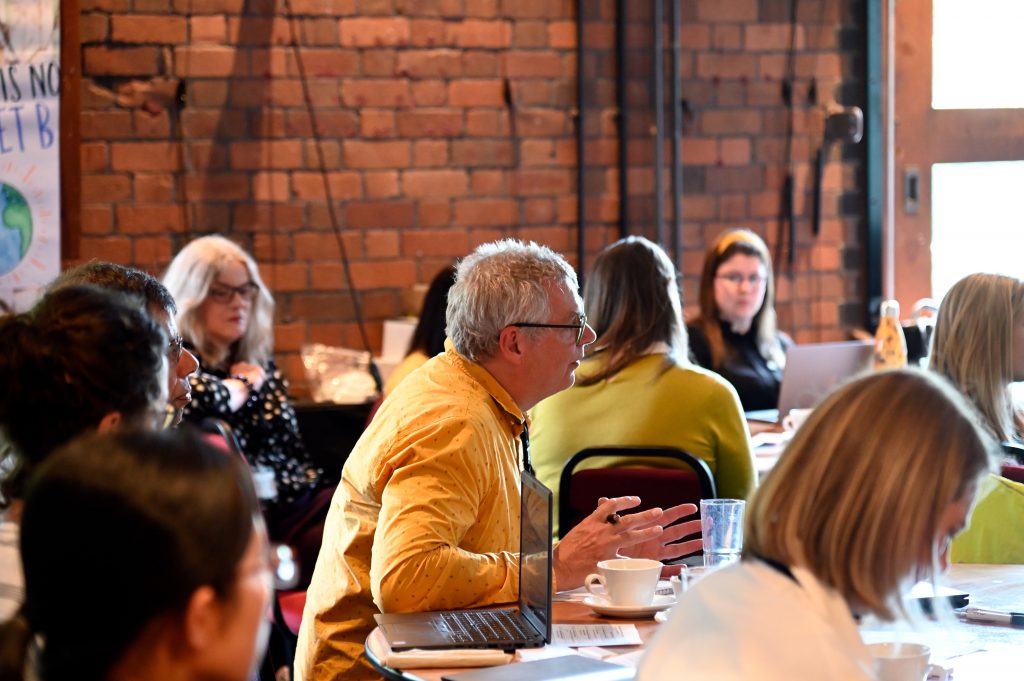
UNDERSTANDING USE OF AGRICULTURAL AZOLES AND ITS IMPACT ON QUALITY OF WATERBODIES AND AMR
The use of azole fungicide in arable farmlands in Southwest England and its impact on the quality of waterbodies and AMR is not yet fully understood. This early career research community met through the GW4 Crucible 2020 and then went on to successfully apply for Generator Funding. The project, built on a pilot study of an HPLC analysis and a risk assessment, seeks to resolve this knowledge gap through:
- Establish and engage with newly identified and existing stakeholders to
understand fungicide management practices and fungicide spraying
seasons in South West England. - Quantify commonly used agricultural azoles in local waterbodies in
Southwest England during and after fungicide spraying season. - Determine MICs of medical azoles in Aspergillus and Fusarium following
exposure to routinely detected concentrations of agricultural azoles (to
accurately determine AMR risks). - Publish and discuss findings with stakeholders.
The project has a particular emphasis on interdisciplinary research, combining findings from microbiology and social science in order to understand how fungicides affect the environment, and how farmers use fungicides. Dr Susan Conlon (Bristol) said “It’s important to understand the history of fungicide use on a farm, as well as the relationships farmers have with external advisers such as agronomists, and how these relationships influence decisions to use fungicides.” This collaboration between the sciences and social sciences means the project is uniquely placed to identify opportunities to reduce the threat of AMR in agriculture.
The community website has more information on this exciting project.
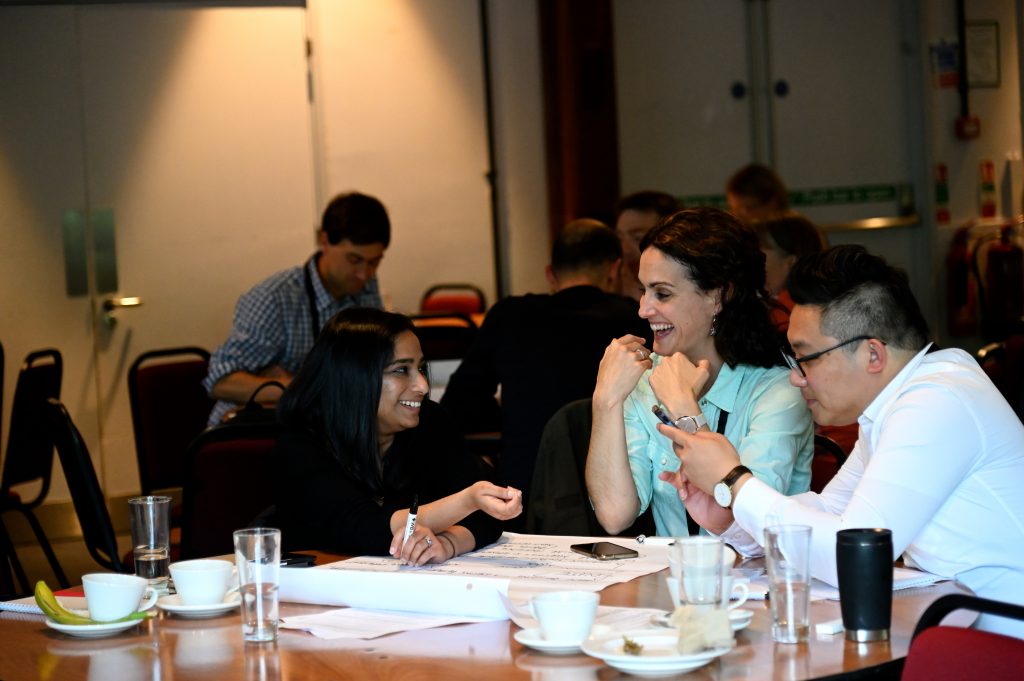
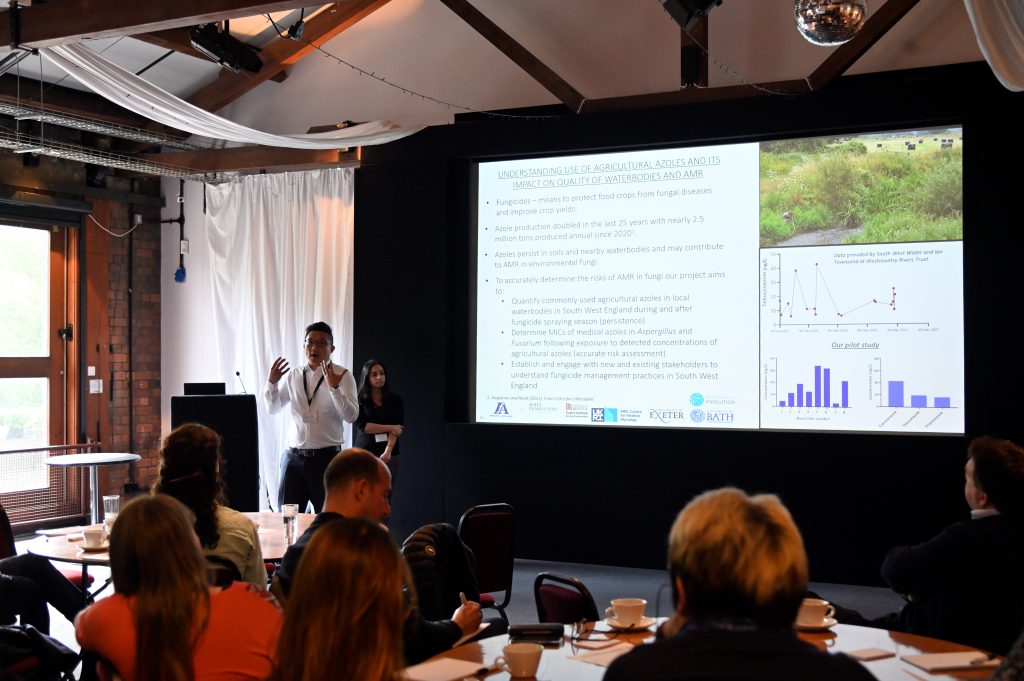
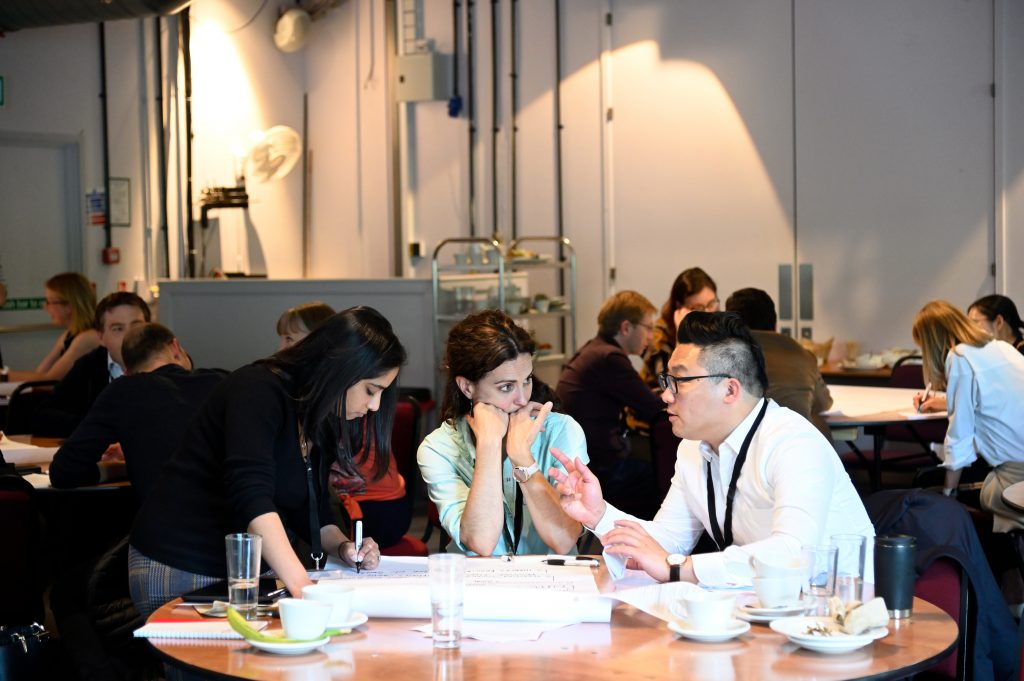
NEW DRUGS TO TACKLE AMR
In this community’s project, the team are developing novel antimicrobial compounds to treat Gram-positive bacterial infections combining our expertise in drug discovery, organic synthesis, microbiology and molecular microbial ecology and evolution to enhance the ability of the agents to kill bacteria and interfere with biofilm formation. This early career research community met through the GW4 Crucible 2020 and received a seed award before successfully applying for Generator Funding. The project unites expertise from medicinal chemistry, molecular microbiology and antibiotic resistance to develop antimicrobial compounds that inhibit important human pathogens.
The community exemplifies the collaborative nature of the GW4 AMR Alliance with all four institutions hosting laboratory work. This collaboration allowed the identification of a novel compound with enhanced antimicrobial activity. The community are currently working to explore the utility of this compound and understand its mode of action, with the help of a PhD Studentship and a manuscript underway.
